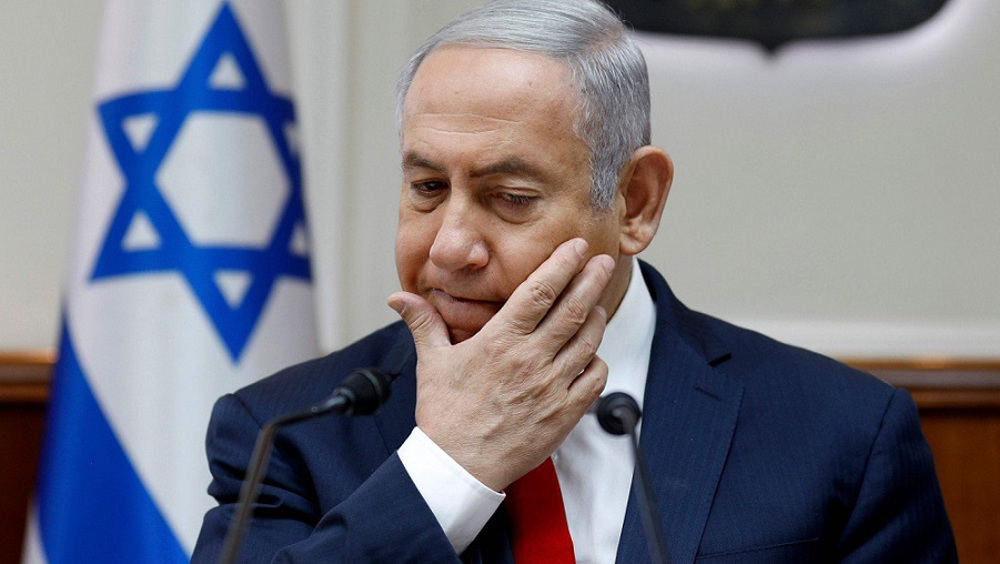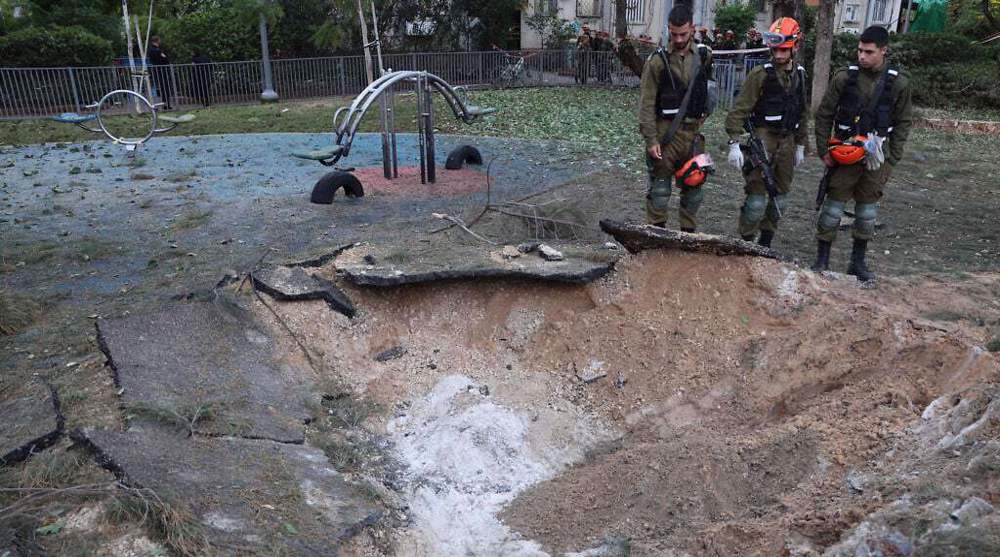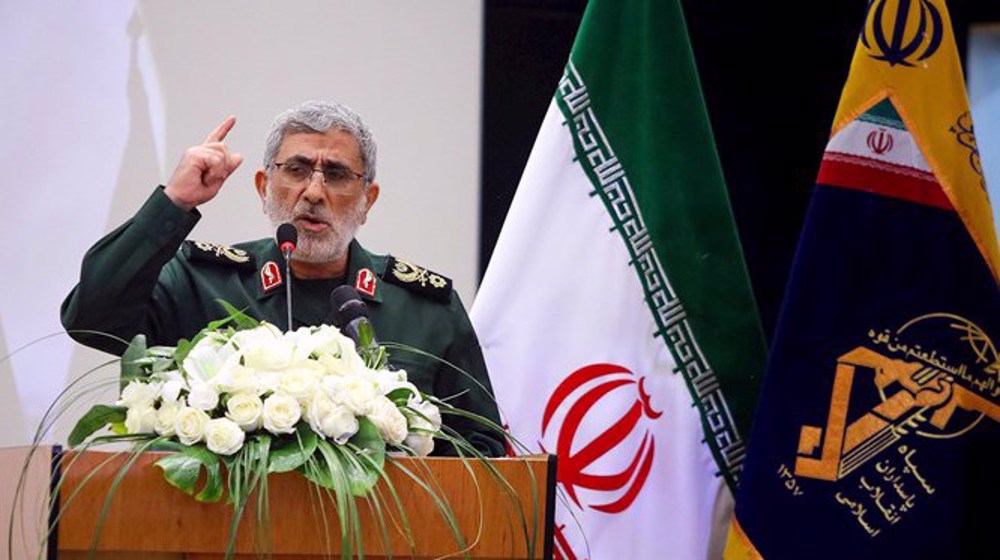Gaza defeat aftermath: Israeli 'change' bloc determined to oust prime minister Netanyahu
Following Israel's recent military fiasco in the face of Palestinian resistance groups in the Gaza Strip, the regime’s politicians are reaching an agreement to form a coalition cabinet, which could end the reign of incumbent Prime Minister Benjamin Netanyahu, the regime’s longest-serving leader.
In March, Netanyahu’s right-wing Likud party won most seats in parliamentary elections, a mere 30, but failed to secure an outright majority.
Netanyahu was then tasked by Israeli president Reuven Rivlin with forming a coalition cabinet within 28 days, but the embattled premier missed that deadline on May 4.
On May 5, Rivlin tapped opposition leader, Yair Lapid, 57, a former television host and finance minister, whose centrist Yesh Atid party came in second in the March vote by securing 17 seats at the 120-member Israeli parliament, or the Knesset.
Like Netanyahu, Lapid also has a 28-day deadline, which will expire on Wednesday night, to form a coalition cabinet.
Politicians opposed to 71-year-old Netanyahu were in intense talks ahead of the deadline, as a ceasefire remained almost intact between Israel and the Palestinian resistance, following the regime’s 11-day-long devastating aggression against the besieged Gaza Strip.
This is while Netanyahu, who has been in power consecutively since 2009, spares no effort to block Lapid’s path to the high office, as the premier, who is currently on trial for criminal corruption, successfully did with Lapid’s predecessor, Benny Gantz.
However, Lapid is seeking to build up a diverse alliance, dubbed by the Israeli media as a bloc for “change,” which would include the nationalist hardliner Naftali Bennett, whose Yamina party holds six seats, as well as Arab-Israeli legislators.
Lapid is so determined to unseat hawkish Netanyahu that has even offered to share power and allow Bennett to serve the first term in a rotating premiership.
The possible new cabinet of the leader of the Yesh Atid party will also include the centrist Blue and White party of Benny Gantz and the New Hope party of his former ally Gideon Saar.
Yisrael Beitenu party of Avigdor Liberman, Netanyahu’s friend-turned-foe, as well as Labour and the dovish Meretz party would also join the coalition.
Furthermore, the alliance will likely be in need of support from advocates of illegal Israeli settlements in Palestinian territories.
In a last-minute bid to further cling to power, Netanyahu reportedly offered a rotation agreement of his own to Bennett and Saar. But Saar rebuffed this on Twitter, writing that “our stance and our commitment was and remains: replacing the Netanyahu regime.”
Meeting the legislators on Sunday, Bennett “received their unanimous support for his efforts to form a cabinet and prevent a fifth election”, a statement by the Yamina party said, after reports that he could face party opposition to a deal with Lapid.
Separately on Sunday, Netanyahu further maneuvered in an attempt to dissuade opponents from forming a new cabinet. The Israeli media, however, reported that a deal by Lapid and his coalition’s partners to oust the regime’s longest-serving leader could be imminent.
Lapid’s partners apparently have little in common apart from a plan to unseat Netanyahu.
The Israeli regime has held four parliamentary elections just in the past two years, all of them inconclusive. If Lapid also fails to form a coalition cabinet in time, an unprecedented fifth election would seem inevitable, a vote that Netanyahu desires to see.
The political stalemate deepened in the wake of Israel's military fiasco in the face of Palestinian resistance groups in Gaza.
Throughout the 11-day onslaught, Israeli airstrikes killed at least 254 Palestinians, including 66 children, wounded almost 2,000, and displaced over 72,000 people in the besieged enclave.
In response, Palestinian resistance factions fired more than 4,000 rockets and missiles into the occupied territories, killing 12 people.
In response to the Israeli bloodshed, the Gaza-based resistance movements fired more than 4,000 rockets into the occupied territories, some reaching as far as Tel Aviv and even Haifa and Nazareth to the north.
The Israeli regime was eventually forced to announce a ceasefire, brokered by Egypt, which came into force in the early hours of May 21.
VIDEO | Yemen; a bone in Israeli neck
D-8’s role in Iran’s economy after Cairo summit
China slams US as ‘war-addicted’ threat to global security
China ‘firmly opposes’ US military aid to Taiwan
VIDEO | Press TV's News Headlines
President Yoon Suk Yeol to be removed from office
At least 19 Gazans killed by Israeli airstrikes since dawn: Medics
Leader: Iran neither has nor needs proxy forces















 This makes it easy to access the Press TV website
This makes it easy to access the Press TV website